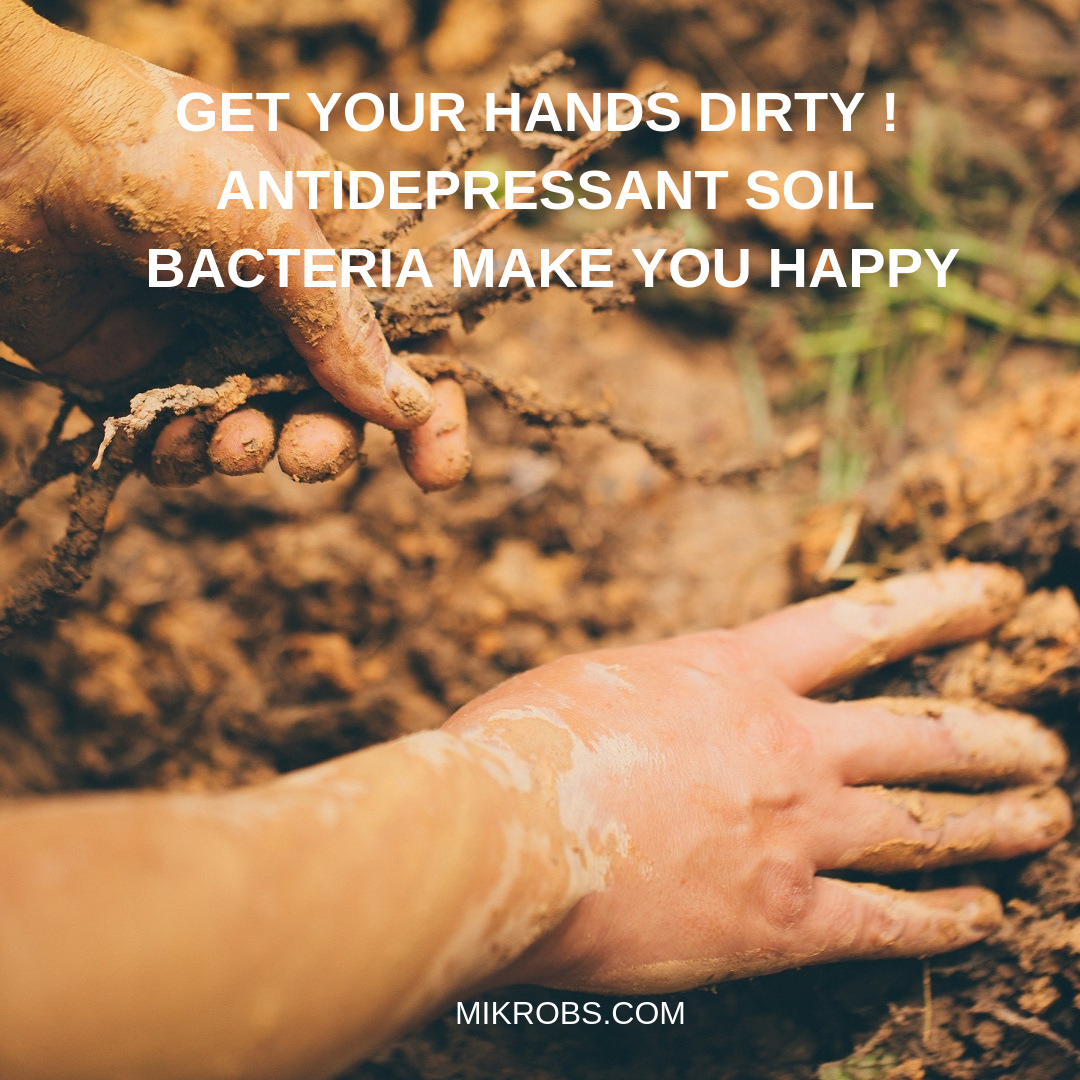Your Cart is Empty
For too long we have passively stood by as we have been witnessing our earth rapidly losing its vigor due to years of chemical abuse. The ever-increasing chemical applications in the farming industry are mainly to encourage and regulate growth of crops, and to improve grain yield. The human population is expected to reach 8.3 billion by 2025, and increased chemical use to match increased demand for crop production raises several serious concerns such as water contamination, eutrophication, soil degradation, etc.
Corruption of soil occurs mainly due to the fact that plants can absorb only a small portion of the nutrients offered by chemical fertilizers. The accumulation of excess, insoluble chemicals in the soil easily trickles down and contaminates water. A noticeable manifestation of this phenomenon can be observed by the prolific algae blooms that diminish populations of organisms in affected rivers, lakes, and coastal areas.
Chemical insecticides and herbicides are yet another area of concern. They not only destruct the soil ecosystem of microbes and nutrients, but also ruin prey-predator food chains, leading to extensively more far-reaching effects than one can initially assume. Pathogenic bacteria and insects proliferate in exponential speeds, and with this overpowering proliferation in effect, they are able to adapt increasingly rapidly to develop immunity to the applied chemicals. On the other hand, beneficial predators are most often killed or driven off the land by the toxicity of these same chemicals. Consequently, faster, more desperate actions would be needed to control these multiplied pathogens – leading one to resort to higher frequency and volume of chemical application. With this never-ending vicious cycle in place, we will all end up paying a devastatingly high cost despite our best efforts- all for nothing but the destruction of life and land.
Eco-friendly, organic methods of growing do not guarantee a stereotypically tidy, uniformed garden. It can even make you uneasy in the beginning- possibly once you notice slight signs here and there of insects on your plants, maybe even eating away at them a little. But that is all there is to that. Before pathogenic insects start proliferating, several predator species will turn up and prey on them. This is how nature has always kept its shape and vigor since the beginning of time. It is not too late to introduce more biological, organic, eco-friendly means to cultivate our garden, land, and agriculture. Try to keep a variety of plants and crops in your garden or land. Grow microbes in soil. It will immediately cut the need for fertilizers, fungicides, and pesticides by half if not more, ultimately contributing to saving nature and restoring the earth.
RESTORE OUR EARTH,
TAKE A STEP TOWARDS
SUSTAINABLE SOLUTIONS
Comments will be approved before showing up.
